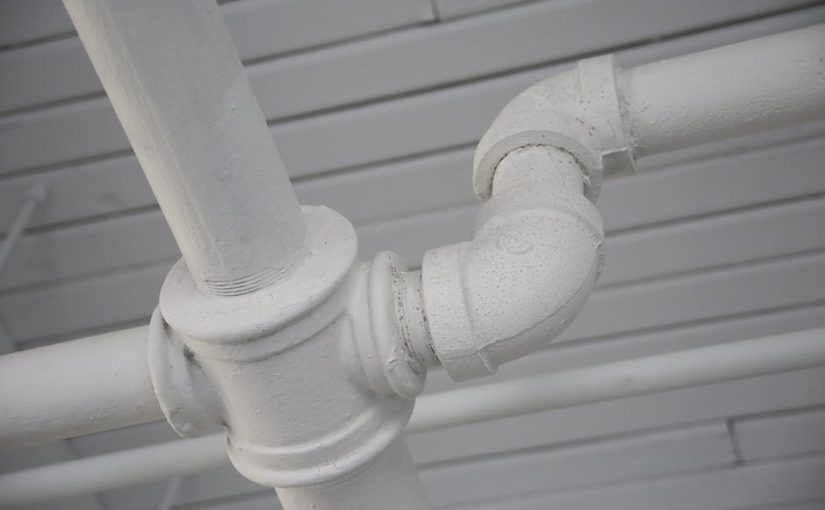The last three months have been a whirlwind. We bought our first home after ten years of renting. Yet despite the fact that I take a box of superfluous items to the thrift shop every two months or so, when I really got to packing, the junk bubbled up like a water from a broken pipe under the floorboards.
I took multiple van loads of boxes to the thrift store, in 30 degree weather with no air-conditioning, straining my arms and back, and still there was more to unearth. And here I’d thought my house was relatively organized and clutter-free (with the exception of toys which fill every corner). Yet when I took things down off shelves and out of closets and drawers, I thought, “Why on earth have I been hanging on to these items?” The last thing I wanted to do was clog the new house with trumpery.
Then we moved and as I began to unpack, there was that broken pipe all over again.
It was as if some little bric-a-brac gnomes had infested the moving truck in conveyance. Again I filled boxes for the thrift shop. I was unpacking one box, only to fill another marked for removal. Charles Long, author of “How to Survive Without a Salary” said we buy a garbage can and bring it home in a bag; then we take it out of the bag and put the bag in it. It’s ridiculous but this was exactly my scenario. Multiple boxes have gone to Goodwill, and still the sorting continues.
Perhaps some of it can be explained easily enough by a different layout, but for the most part I think to myself, “if I can donate this without any sense of loss, why did I move it here in the first place?” I guess it’s like weeding. You think you’ve finished the garden and then you move a pot to another corner, exposing a hidden patch that was growing behind it.
I am tired of the consumerism of Christmases and birthdays. How much of what I have donated did I actually purchase myself? I daresay less than half. How many boxes have been filled in other homes with trinkets marked, “With love from Bekah”? And yet my most valuable possessions are all gifts I have received. In fact, I prefer a painting or knick-knack that was given to me because it actually means something. If I buy a painting myself, I feel indulgent and am haunted by visions of the indigent worldwide who could have been blessed by a cup of cold water.
John Wesley, the founder of the Methodist Church, tells the story of decorating his dorm room by purchasing some items with a little extra money he had. Shortly thereafter, a homeless woman asked him for a hand out and his heart sank when he realized he had nothing to give. He endeavoured henceforward to live below his means and give his surplus to the poor instead of spending it on himself.
I find for every cherished gift I receive, there are two more which yoke my back.
I’ve kept things in storage boxes for years on end because I feel guilty to donate them, not wanting to hurt or offend a loved one. Oh, that we’d no longer feel obligated and compelled to buy material gifts for one another – or at least, not to such an exorbitant degree! If I had but one gift to buy a loved one, I could endeavor to select something useful and tasteful for them. But when multiple gifts are expected for multiple people all at once, you can’t help walking down aisles tossing mugs and bath soaps and vases and flotsam into your cart.
You know they will politely thank you, as you politely thank them, but beneath the surface is a suppressed resentment. To express it is to be disdained for a Scrooge or a cheapskate. A cheapskate I know I am not. I can think of very little that brings me greater joy than feeding the hungry and clothing the naked. But I digress.
To conclude, I have oft in mind something Henry David Thoreau wrote back in the 1850s:
I was present at the auction of a deacon’s effects . . . As usual, a great proportion was trumpery which had begun to accumulate in his father’s day. Among the rest was a dried tapeworm. And now, after lying half a century in his garret and other dust holes, these things were not burned; instead of a bonfire, or purifying destruction of them, there was an auction, or increasing of them. The neighbors eagerly collected to view them, bought them all, and carefully transported them to their garrets and dust holes, to lie there till their estates are settled, when they will start again. When a man dies he kicks the dust.

